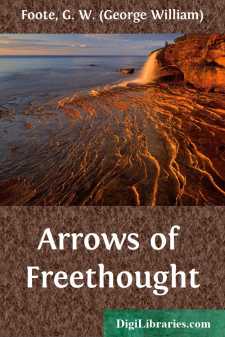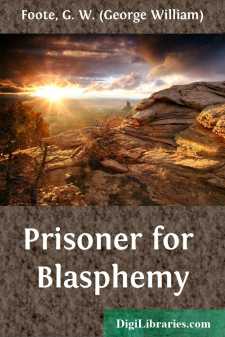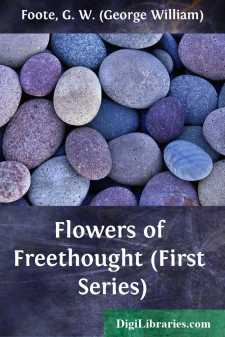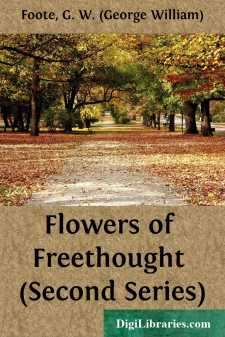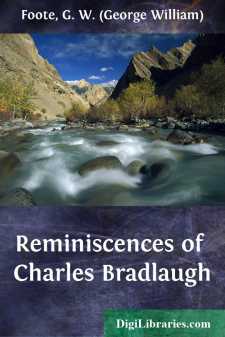Categories
- Antiques & Collectibles 13
- Architecture 36
- Art 48
- Bibles 22
- Biography & Autobiography 813
- Body, Mind & Spirit 142
- Business & Economics 28
- Children's Books 17
- Children's Fiction 14
- Computers 4
- Cooking 94
- Crafts & Hobbies 4
- Drama 346
- Education 46
- Family & Relationships 57
- Fiction 11829
- Games 19
- Gardening 17
- Health & Fitness 34
- History 1377
- House & Home 1
- Humor 147
- Juvenile Fiction 1873
- Juvenile Nonfiction 202
- Language Arts & Disciplines 88
- Law 16
- Literary Collections 686
- Literary Criticism 179
- Mathematics 13
- Medical 41
- Music 40
- Nature 179
- Non-Classifiable 1768
- Performing Arts 7
- Periodicals 1453
- Philosophy 64
- Photography 2
- Poetry 896
- Political Science 203
- Psychology 42
- Reference 154
- Religion 513
- Science 126
- Self-Help 84
- Social Science 81
- Sports & Recreation 34
- Study Aids 3
- Technology & Engineering 59
- Transportation 23
- Travel 463
- True Crime 29
Our website is made possible by displaying online advertisements to our visitors.
Please consider supporting us by disabling your ad blocker.
Arrows of Freethought
Categories:
Description:
Excerpt
PREFACE
I republish in this little volume a few of my numerous articles that have appeared in the Secularist, the Liberal, the National Reformer, and the Freethinker, during the last five or six years. I have included nothing (I hope) of merely ephemeral interest. Every article in this collection was at least written carefully, and with an eye to more than the exigencies of the moment. In disentombing them from the cemeteries of periodical literature, where so many of their companions lie buried, I trust I have not allowed parental love to outrun discretion.
I have not thought it necessary to indicate, in each case, the journal in which the reprinted articles were first published.
Should anyone object to the freedom of my style, or the asperity of my criticism, I would ask him to remember that Christianity still persecutes to the full extent of its power, and that a Creed which answers argument with prosecution cannot expect tender treatment in return; and I would also ask him, in the words of Ruskin, "to consider how much less harm is done in the world by ungraceful boldness than by untimely fear."
London, November 15th, 1882.
(November, 1882.)
The Archbishop of York is peculiarly qualified to speak on religion and progress. His form of thanksgiving to the God of Battles for our "victory" in Egypt marks him as a man of extraordinary intellect and character, such as common people may admire without hoping to emulate; while his position, in Archbishop Tait's necessitated absence from the scene, makes him the active head of the English Church. Let us listen to the great man.
Archbishop Thomson recently addressed "a working-men's meeting" in the Drill Hall, Sheffield. It was densely crowded by six or seven thousand people, and this fact was cited by the Archbishop as a proof that the working classes of England have not yet lost interest in the Christian faith. But we should very much like to know how it was ascertained that all, or even the major portion, of the vast audience were working-men. It is easy enough to give any meeting a name. We often hear of a Conservative Working-men's banquet, with tickets at something like a guinea each, a duke at the top of the table and a row' of lords down each side. And our experience leads us to believe that nearly all religious meetings of "working-men" are attended chiefly by the lower middle classes who go regularly to church or chapel every Sunday of their lives.
Even, however, if the whole six or seven thousand were working-men, the fact would prove little; for Sheffield contains a population of three hundred thousand, and it was not difficult for the clergy who thronged the platform to get up a big "ticket" meeting, at which a popular Archbishop was the principal speaker, and the eloquence was all to be had for nothing.
The Archbishop's lecture, or sermon, or whatever it was, contained nothing new, nor was any old idea presented in a new light. It was simply a summary of the vulgar declamations against the "carnal mind" with which we are all so familiar....


